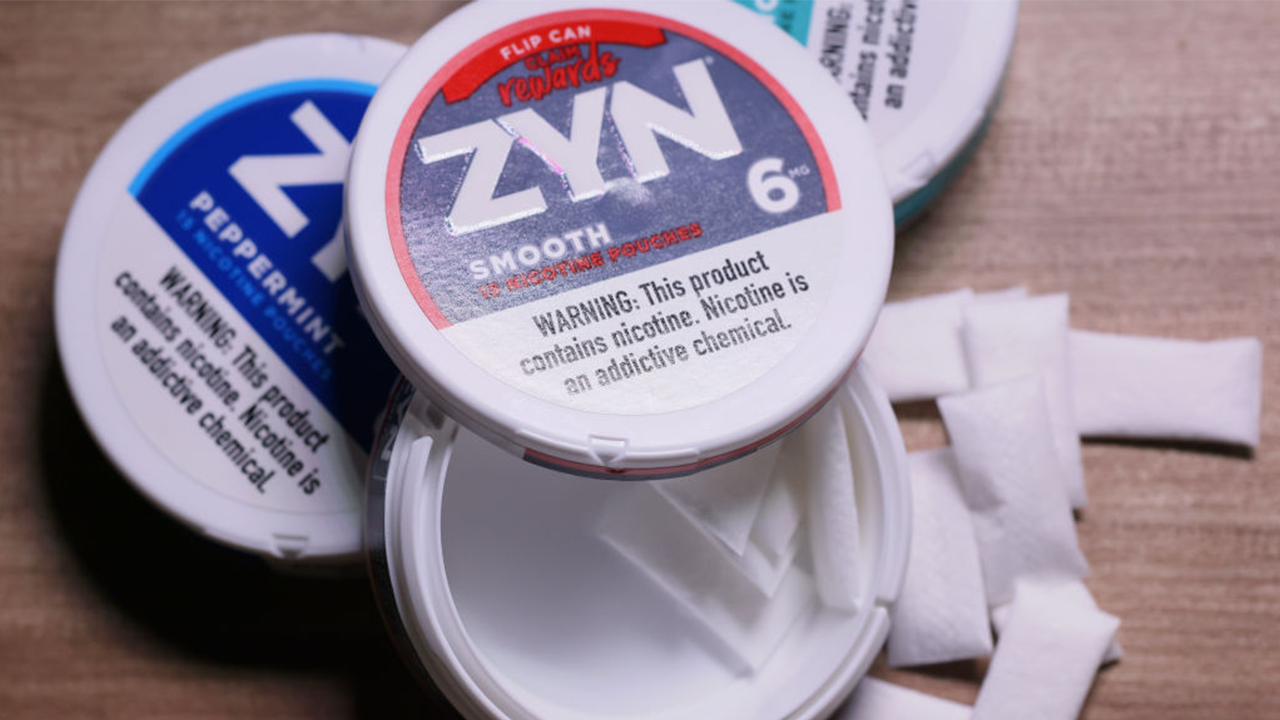NY lawmaker introduces bill to ban Zyn, other flavored nicotine pouches after FDA’s support of product

New York State Senator Brad Hoylman-Sigal is making headlines with his proposal to ban the sale of flavored nicotine pouches in the state. Despite the FDA’s support for these products as a tool to help smokers quit traditional cigarettes, Hoylman-Sigal believes that the addictive nature of nicotine warrants stricter regulations.
In a recent statement, Hoylman-Sigal emphasized his concerns about the appeal of flavored nicotine pouches to young people. He argued that these products, which do not contain tobacco leaf but rather nicotine derived from tobacco or synthetic sources, pose a risk of addiction that could lead to long-term health issues. By introducing this ban, he hopes to protect New York’s youth from becoming hooked on these enticing flavors.
Assemblywoman Linda Rosenthal is also joining the fight against nicotine pouches by introducing a companion bill in the state legislature. Rosenthal, who has been advocating for restrictions on nicotine products since 2020, believes that there is a growing awareness of the dangers associated with these products.
The FDA recently approved 10 flavors of Philip Morris International’s Zyn brand of nicotine pouches, marking a significant milestone in the industry. These pouches, which dissolve between the tongue and gum, offer a less harmful alternative to traditional cigarettes and chewing tobacco. However, Hoylman-Sigal remains skeptical of their impact on youth consumption.
Despite data showing that a small percentage of high school and middle school students use nicotine pouches, concerns about their potential appeal to young people persist. The FDA has implemented restrictions to prevent companies from marketing these products to minors, but Hoylman-Sigal believes that more stringent measures are necessary.
In response to the proposed ban, Brian Erkilla, director of regulatory science at Philip Morris International, argues against restricting access to nicotine pouches. He warns of the unintended consequences of such a ban, including limiting options for the 1.6 million tobacco smokers who rely on these products as an alternative to cigarettes.
As New York grapples with the regulation of nicotine pouches, the debate surrounding their safety and appeal continues. While Hoylman-Sigal and Rosenthal aim to protect public health by banning flavored nicotine pouches, opponents like Erkilla advocate for preserving consumer choice and access to harm-reducing alternatives to smoking. The outcome of this legislative battle will have far-reaching implications for the future of tobacco regulation in the state.




